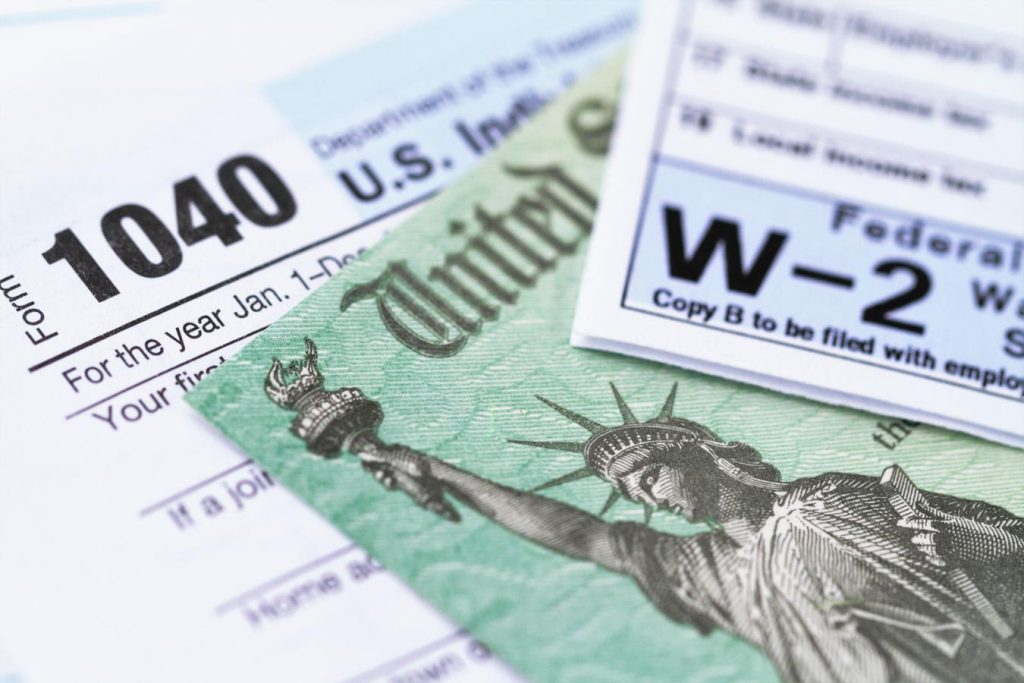WalletHub’s 2024 Tax Burden by State report highlights the complexity of taxes, with each state having its own individual tax rates. The top five highest income tax rates are in California, New York, Oregon, Minnesota, and Maryland. However, there are seven states with no state income tax, including Washington, Nevada, and Texas. Before considering moving to a low tax state, it is important to also look at the total tax burden, which measures the proportion of total personal income that residents pay toward state and local taxes.
According to WalletHub’s analysis, the five states with the highest overall tax burden are New York, Hawaii, Vermont, Maine, and California. On the other hand, the states with the lowest tax burden include Alaska, New Hampshire, Wyoming, Florida, and Tennessee. Washington has the highest sales and excise tax burden, while New Hampshire has the lowest. On average, red states have a lower tax burden than blue states. Taxes are used by states for various purposes such as education, infrastructure, and healthcare, all of which contribute to the states’ economic health.
Blaine G. Saito, Assistant Professor of Law at Ohio State University, explains that the relationship between state tax burden and economic growth is complicated. While lower tax burdens are generally seen to encourage economic growth, other factors can also play a role. Some high-tax jurisdictions like New York and California still experience strong growth due to other factors. On the other hand, states with lower taxes may struggle with growth. Success stories of lower taxes attracting growth include Texas and Florida, but other factors such as tourism and cost of living also play a role.
To keep taxes low, there are several suggestions that individuals can consider. Holding a capital asset for longer than one year provides a preferential tax rate on the capital gain. Business expenses can be deducted from income if they are used for business purposes, reducing the total tax obligation. Additionally, maxing out retirement accounts can reduce income by up to $23k in 2024, providing additional tax benefits. For those unsure about how to file their taxes, consulting a tax professional or using online tools can help get started and ensure compliance with tax laws. Taxes may be a necessary evil, but understanding the complexities and taking advantage of tax-saving strategies can help individuals minimize their tax burden.


